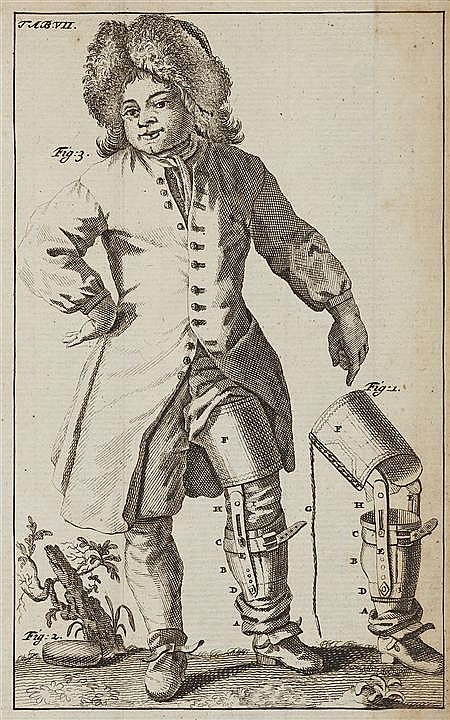On the 13th March 2020, Professor Sebastian Groes will give his inaugural lecture at the University of Wolverhampton, ‘The Prosthetic God: Transactive Cognition in the Age of Connectivity’.
The lecture will explore the philosophical questions that technological prosthetics raise. Groes argues for an emergent transitive cognition that provokes a new imaginary in which the individual point of view makes way for collective, intersubjective perspectives that have radical implications for our world. The respondent for this lecture will be Professor N. Katherine Hayles.
For more information, and to book tickets, please visit https://www.wlv.ac.uk/news-and-events/events/2020/march/inaugural-professor-lecture-sebastian-groes-the-prosthetic-god-transactive-cognition-in-the-age-of-connectivity-respondent-professor-katherine-hayles-duke-usa.php.


